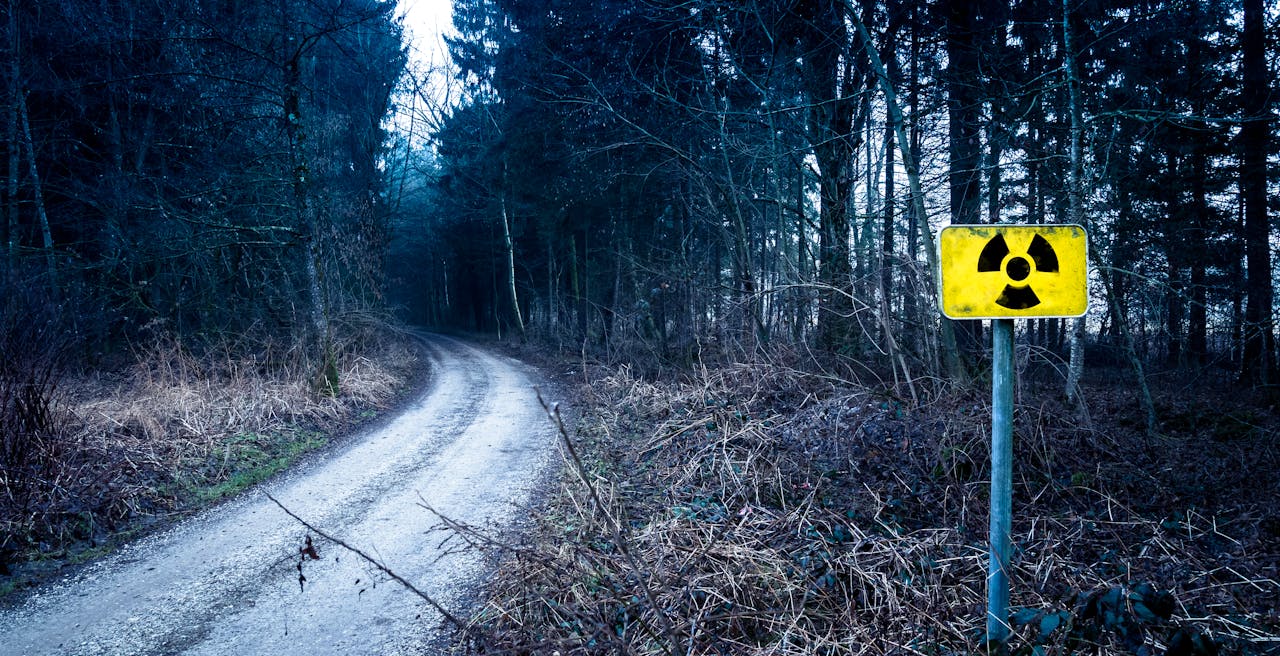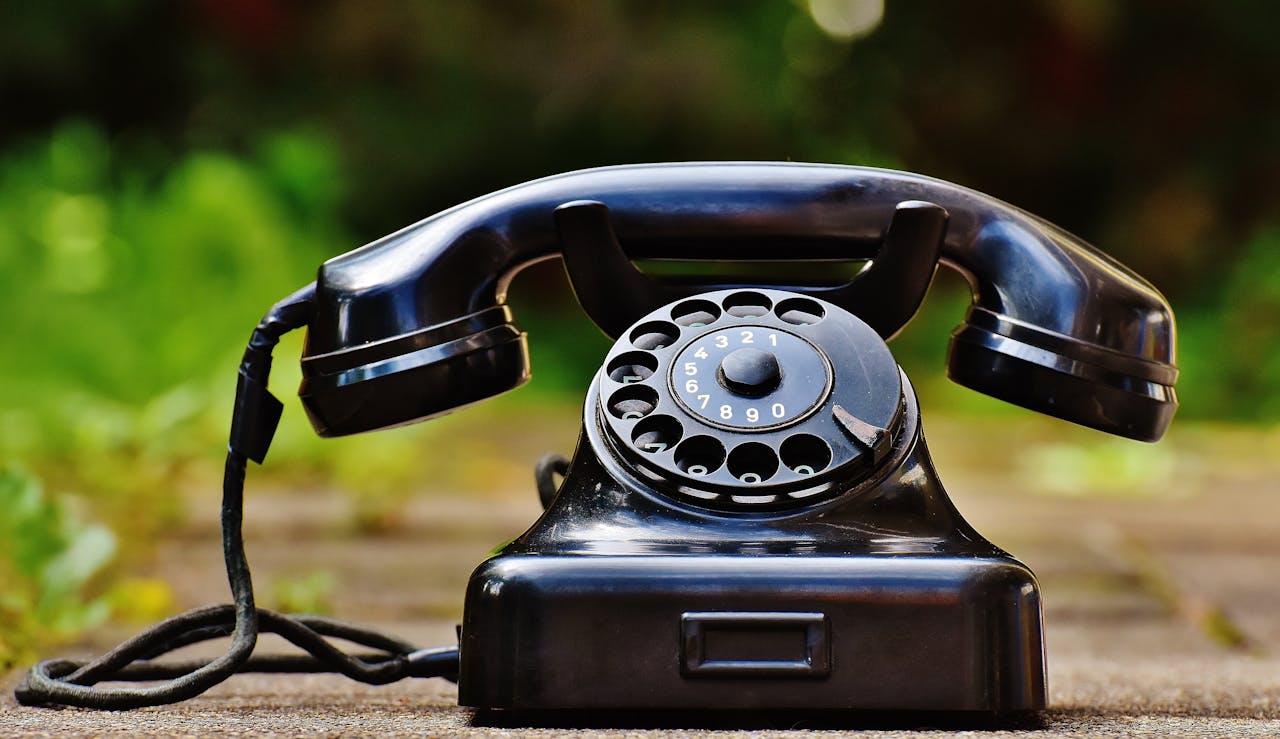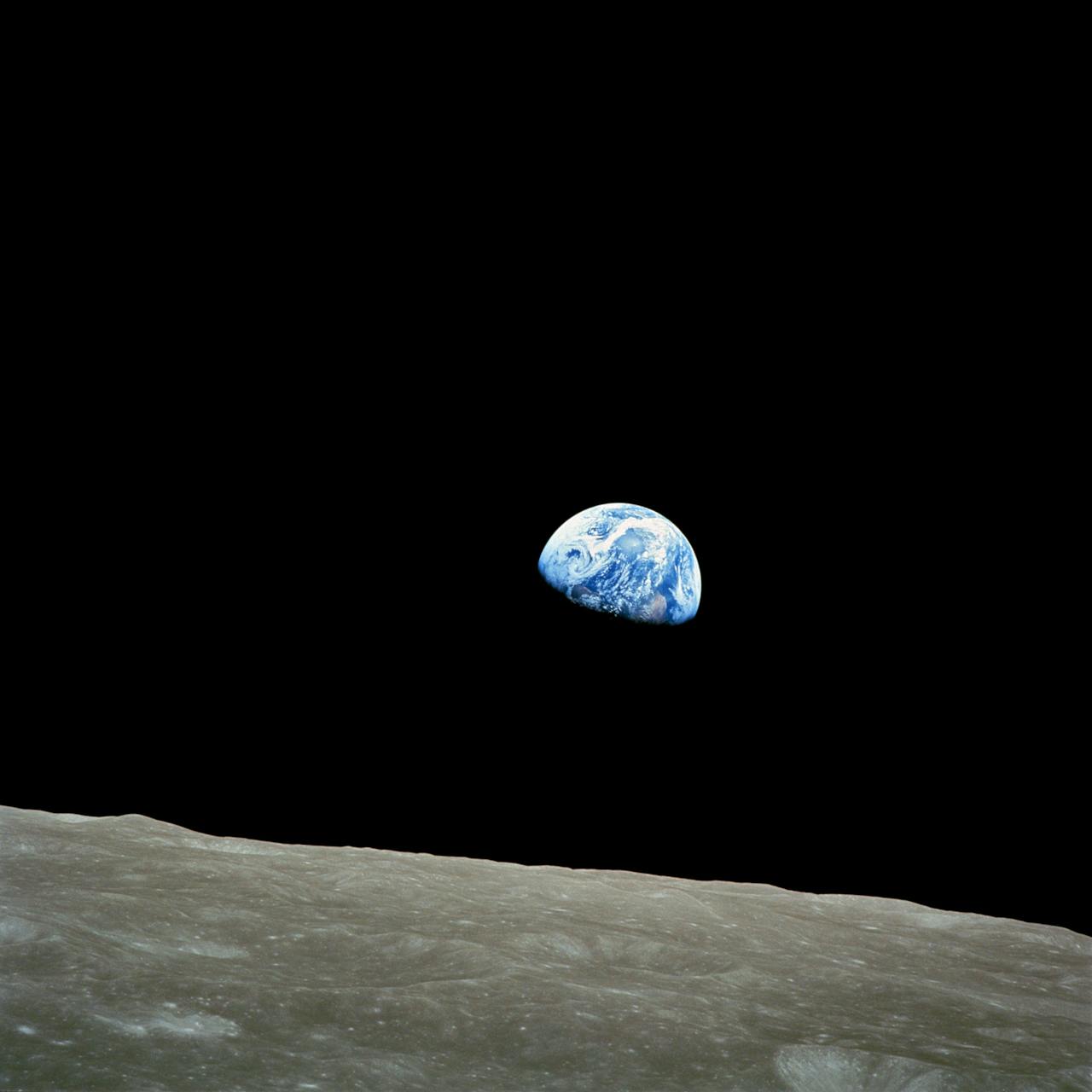20 Scientists Who Made The Biggest Groundbreaking Discoveries
Best of the Best
Civilization and science go hand in hand. In the Middle Ages, life expectancy was 35, and the Internet was certainly not a thing. That’s why most of us owe our modern-day comforts to the men and women who worked hard to achieve them. Here are 20 scientists who made groundbreaking revelations.
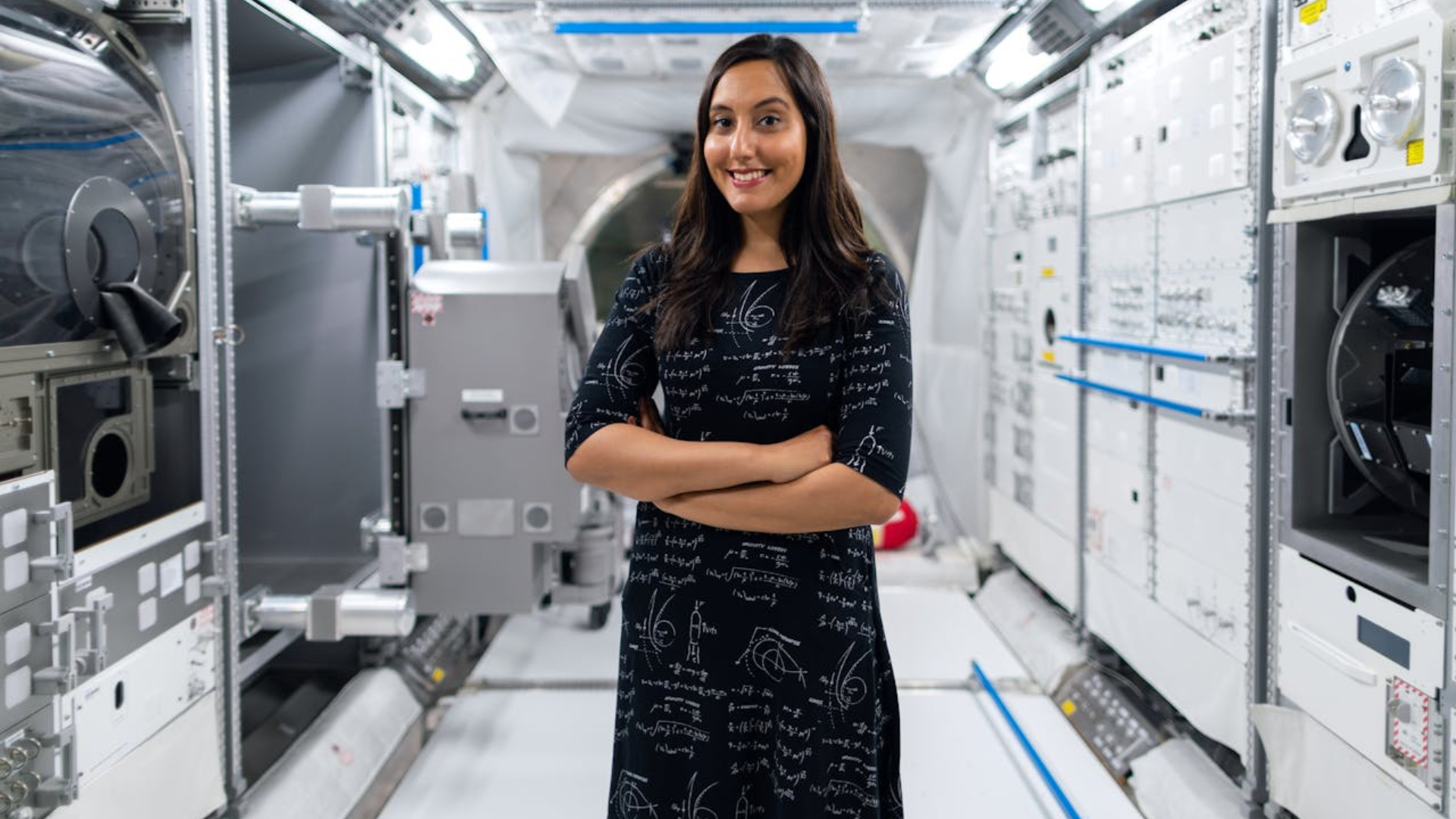 Photo by ThisIsEngineering on Pexels
Photo by ThisIsEngineering on Pexels
1. Friedrich Miescher
Accredited with the discovery of DNA, Friedrich Miescher was a Swiss physician who felt professionally hindered by his partial deafness. Despite this disadvantage, Miescher made one of the most important discoveries in the world when he investigated nuclei in used bandages.
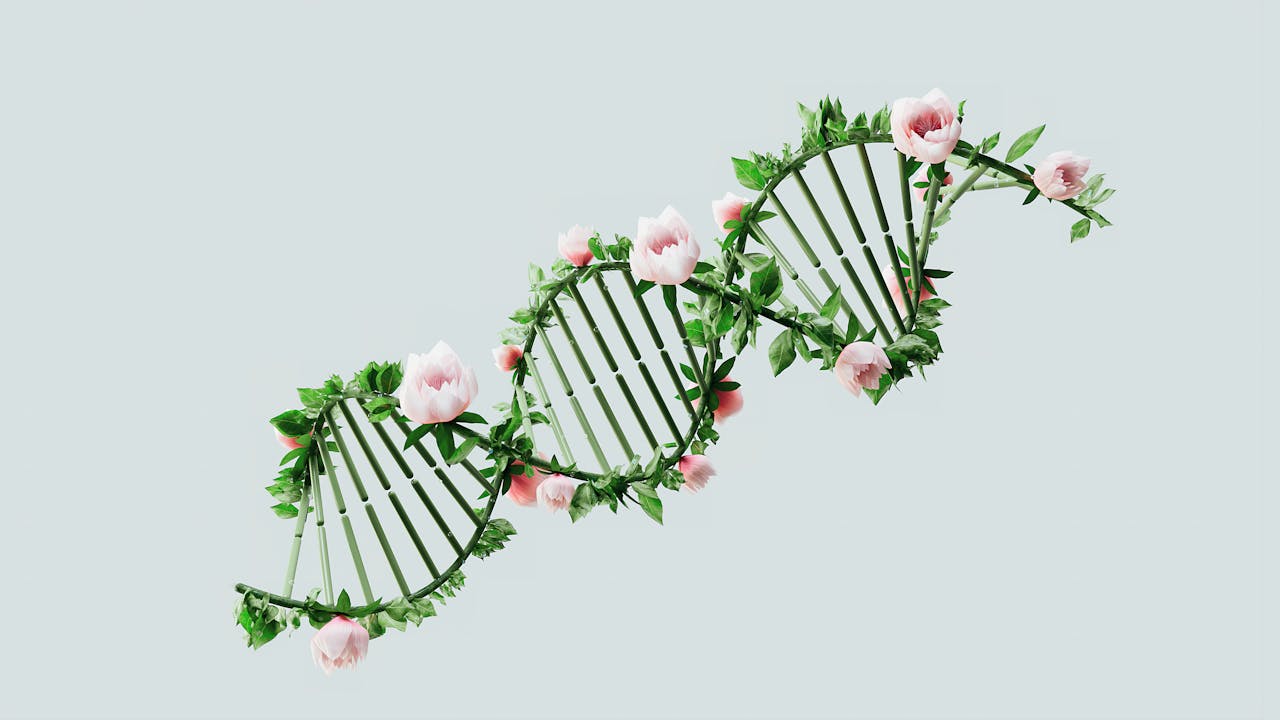 Photo by Google DeepMind on Pexels
Photo by Google DeepMind on Pexels
2. William Gilbert
The invention of electricity is often associated with Benjamin Franklin and his iconic kite experiment. However, in reality, an English scientist named William Gilbert was already ahead of the game in the 17th century. Gilbert published an extensive book detailing electric forces, magnetism, and laws of attraction.
3. Alexander Fleming
The discovery of penicillin marked a significant advancement in the world of antibiotics. Surprisingly, it was discovered entirely by accident when Scottish microbiologist Fleming noticed how fungus combated bacteria in a culture plate.
 Photo by JESHOOTS.com on Pexels
Photo by JESHOOTS.com on Pexels
4. Charles Darwin
It comes as no surprise that evolution is one of the most significant discoveries of all time. Through his observation of birds in the Galapagos, Charles Darwin was able to decipher the origin and adaptation of all sorts of species. This research is critical to modern-day science.
 Photo by daniyal ghanavati on Pexels
Photo by daniyal ghanavati on Pexels
5. Marie Curie
One of the most important women in science, Marie Curie dedicated her life to understanding radiation. Not only did she receive two Nobel prizes for her work on radium and polonium, but she discovered key components used in current radiation technology.
6. Grace Hopper
While computing may seem male-dominated, it’s interesting to note that women have had a major impact on programming. The first programming language was written by Grace Hopper in 1952, and shortly after, nine more languages were created by other women.
 Photo by Sabrina Gelbart on Pexels
Photo by Sabrina Gelbart on Pexels
7. Ignaz Semmelweis
Before 1847, most people thought disease came from dangerous air known as miasma. This was until Dr. Ignaz Semmelweis discovered a correlation between washing one's hands and improved medical outcomes for patients. This was the very first acknowledgment of germs.
 Photo by Polina Tankilevitch on Pexels
Photo by Polina Tankilevitch on Pexels
8. Jonas Salk
In the wake of the Spanish Flu and other diseases, numerous scholars were working around the clock to develop vaccines. One of the earliest instances of this involved Jonas Salk, who developed a vaccine for influenza in 1945. It took another decade to complete clinical trials, but the vaccine was a game-changer for afflicted patients.
 Photo by Chokniti Khongchum on Pexels
Photo by Chokniti Khongchum on Pexels
9. Nikola Tesla
Serbian inventor Nikola Tesla is undoubtedly one of the greats. He did major work on electricity, creating alternating currents, generation techniques, and wire transmissions. This essentially led to the electricity that we use today. Unfortunately, a lot of his work was stolen by foreign powers, and he received little credit for his contributions.
 Photo by Killian Eon on Pexels
Photo by Killian Eon on Pexels
10. Jennifer Anne Doudna & Emmanuelle Charpentier
These two women came together to make one of the most critical modern-day discoveries, CRISPR. This gene-editing tool has been a game-changer in multiple scientific industries. It has allowed scientists to bring back animals from extinction as well as accelerate cancer treatments.
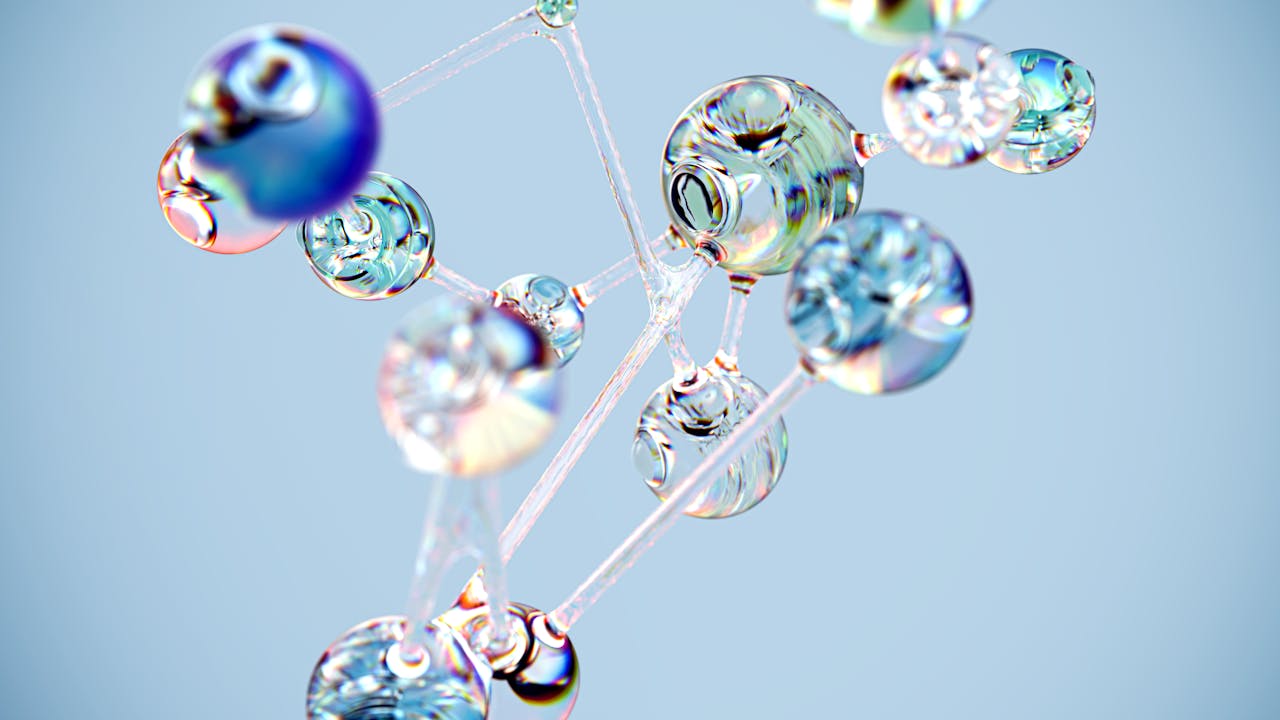 Photo by Google DeepMind on Pexels
Photo by Google DeepMind on Pexels
11. Johannes Gutenberg
Not every discovery has to be scientific in nature. In his own way, Johannes Gutenberg changed the world forever when he created the printing press in the 15th century. For the first time ever, words could be spread across regions, leading to the creation of books, newspapers, and pamphlets that promoted an informed and knowledgeable population.
 Photo by Wendelin Jacober on Pexels
Photo by Wendelin Jacober on Pexels
12. Earle Haas
Most women owe Dr. Haas a debt of gratitude, as he created tampons in 1931. Through his invention, women were able to manage their bodies more conveniently, and this made pursuing professional work and academics easier than ever before.
 Photo by Photo By: Kaboompics.com on Pexels
Photo by Photo By: Kaboompics.com on Pexels
13. Vinton Cerf & Bob Kahn
You would not be able to read this list if it wasn’t for Vinton Cerf and Bob Kahn, who created the internet in the late '90s. Their focus was to make a communication protocol, eventually coining the word internet and creating the foundation for today’s worldwide web.
14. Lise Meitner, Otto Hahn, and Otto Robert Frisch
These three scientists were part of the team that discovered nuclear fission in 1939. Nowadays, this process is integral to nuclear reactors and energy generation. With more and more people turning toward clean energy, these reactors pave the way to a green future.
 Photo by Johannes Plenio on Pexels
Photo by Johannes Plenio on Pexels
15. Elizabeth Fulhame
To the uninitiated, catalysis may seem like a throwaway word. However, in reality, the process of catalysis is the backbone of most manufacturing and chemical production industries. For example, without catalysis, we wouldn’t have plastic. For those reasons, we have Elizabeth Fulhame to thank for developing the process.
 Photo by mali maeder on Pexels
Photo by mali maeder on Pexels
16. Alexander Graham Bell
Writing letters is often romanticized, but it’s no longer practical or necessary. This is thanks to Alexander Graham Bell, who invented and patented the acoustic telegraph in 1875. After some optimization, this would become the telephone. It’s worth noting that Bell’s involvement is debated, as some believe he stole credit from Philip Reis and Antonio Meucci.
17. Alan Turing & John McCarthy
Artificial intelligence is all the rage today, but the foundations of the science were developed by Turing and McCarthy. Turing created the Turing test, which served as a way to measure the capability of artificial intelligence, while McCarthy did significant early research and coined the term.
18. Johannes Kepler
German scientist Johannes Kepler illuminated the celestial world. Not only did he devise that planets orbit the sun, but he did so in 1609 when the population wasn’t ready for the shift. Undoubtedly, Kepler contributed to modern-day astronomy, and many space projects are named after him.
19. Karl Friedrich Benz
While steam-propelled vehicles were invented in France in 1768, Karl Benz developed a gasoline alternative in Germany in 1885. This was one of the first automobiles to use an internal combustion engine and laid the groundwork for the cars of today.
20. Albert Einstein
This list could never be complete without mentioning Albert Einstein and his incredible work. Not only did he discover the theory of relativity, which is the basis for numerous advancements in physics and cosmology, but he also created the foundation for current-day quantum mechanics.
KEEP ON READING
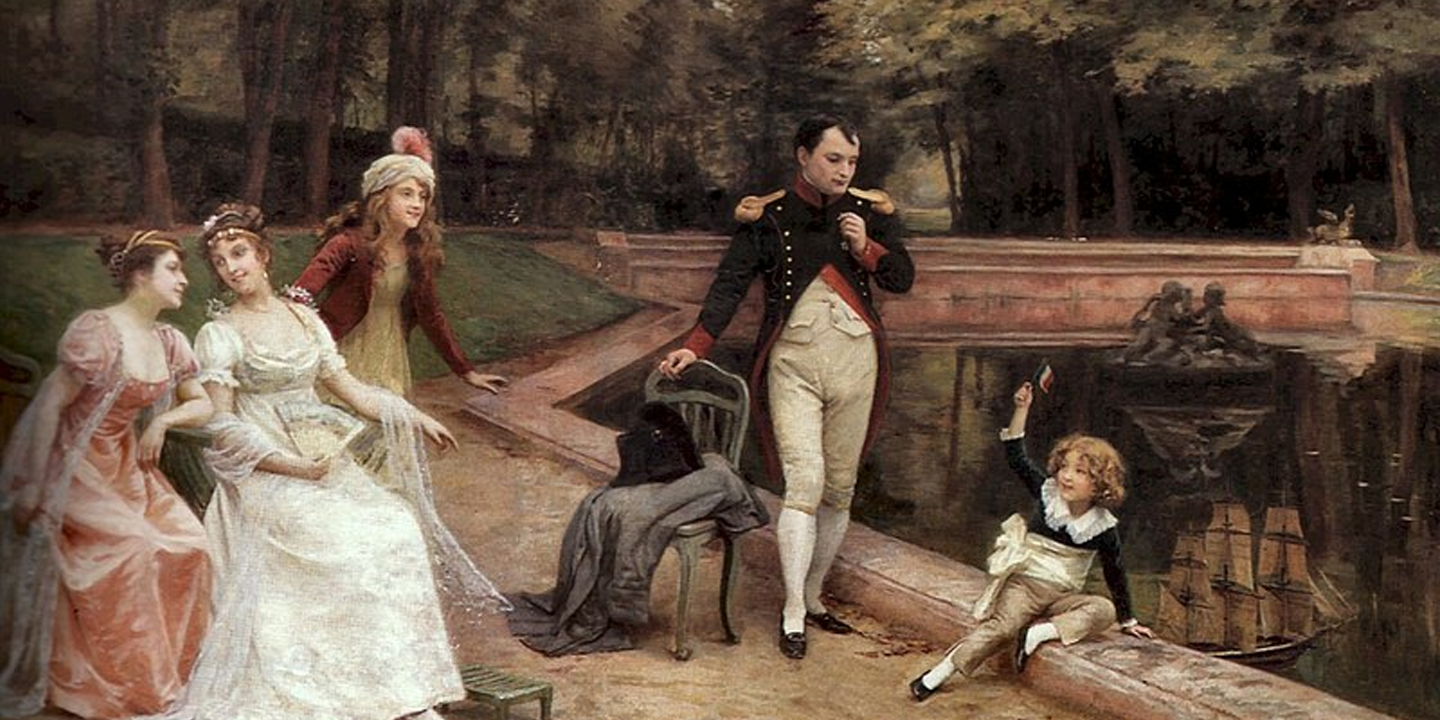
The 20 Most Recognized Historical Figures Of All Time
The Biggest Names In History. Although the Earth has been…
By Cathy Liu Oct 4, 2024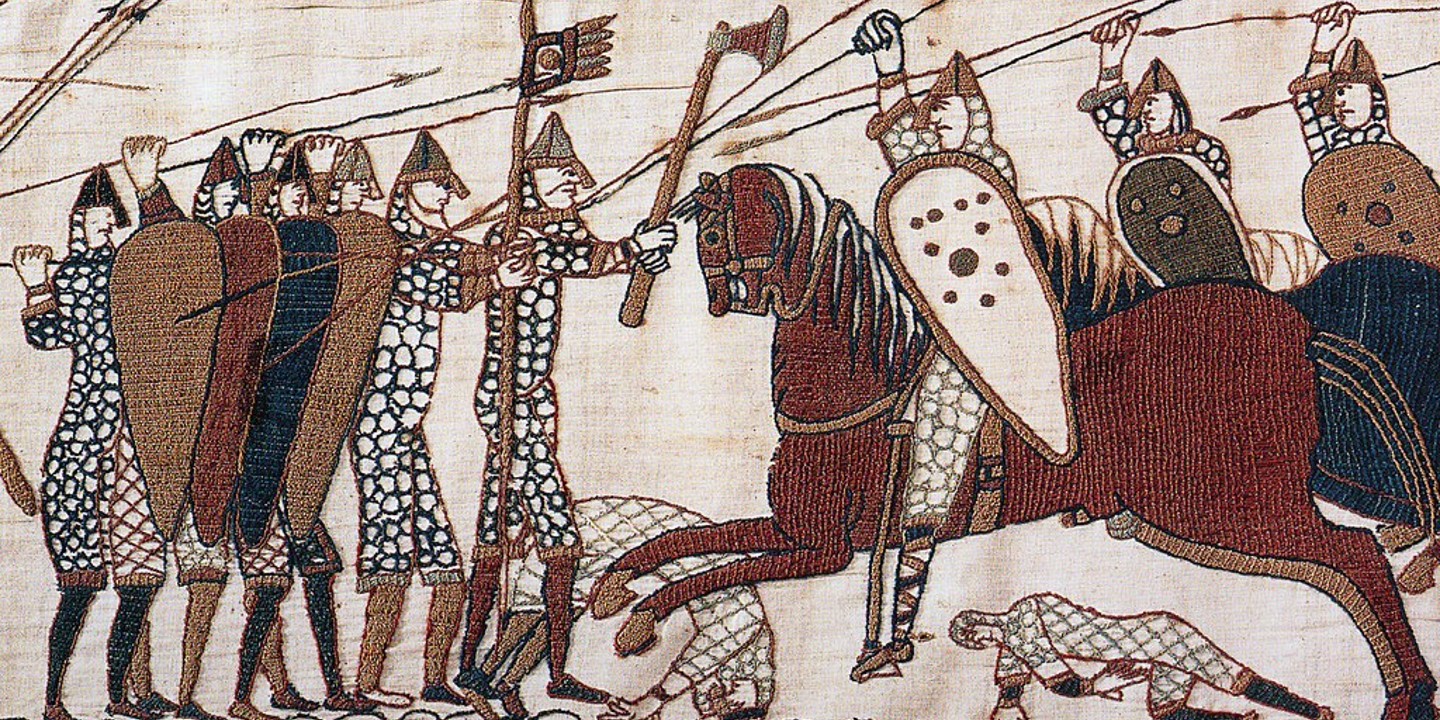
10 of the Shortest Wars in History & 10 of…
Wars: Longest and Shortest. Throughout history, wars have varied dramatically…
By Emilie Richardson-Dupuis Oct 7, 2024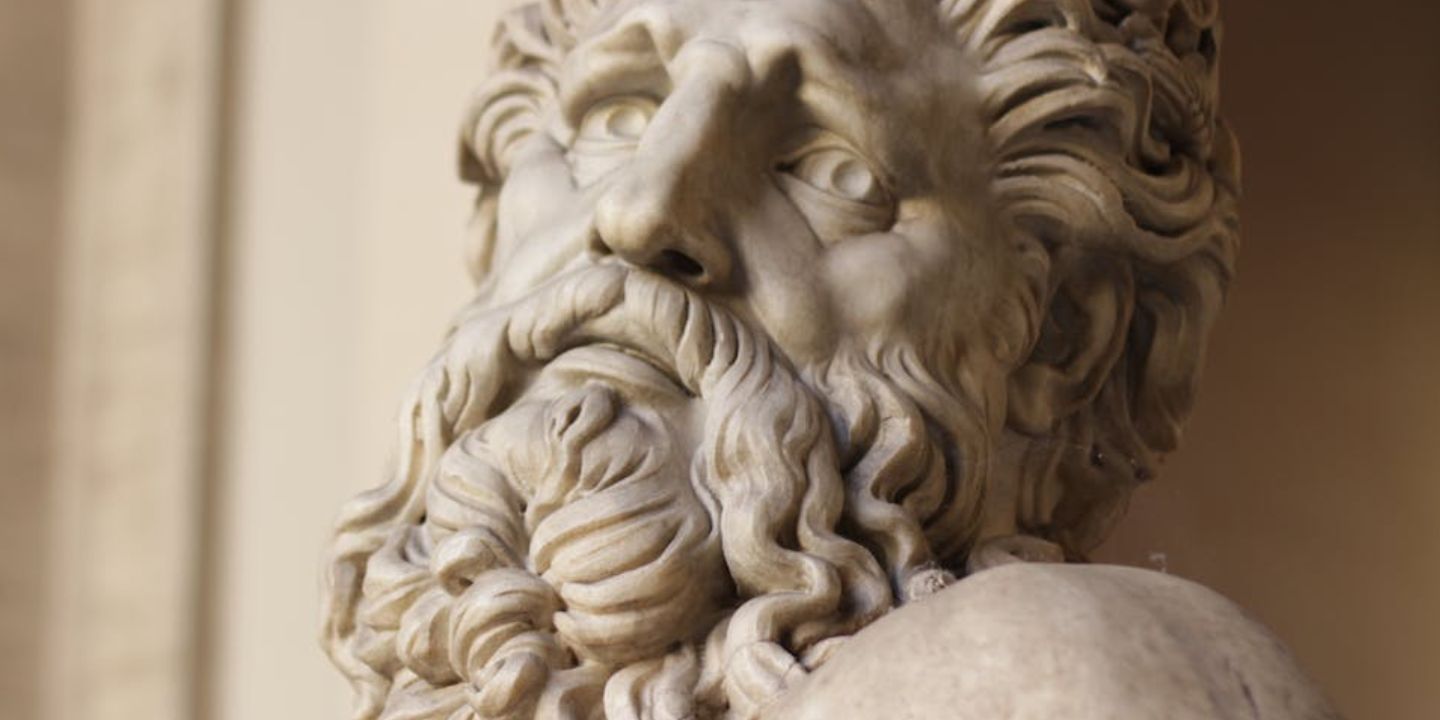
10 Fascinating Facts About Ancient Greece You Can Appreciate &…
Once Upon A Time Lived Some Ancient Weirdos.... Greece is…
By Megan Wickens Oct 7, 2024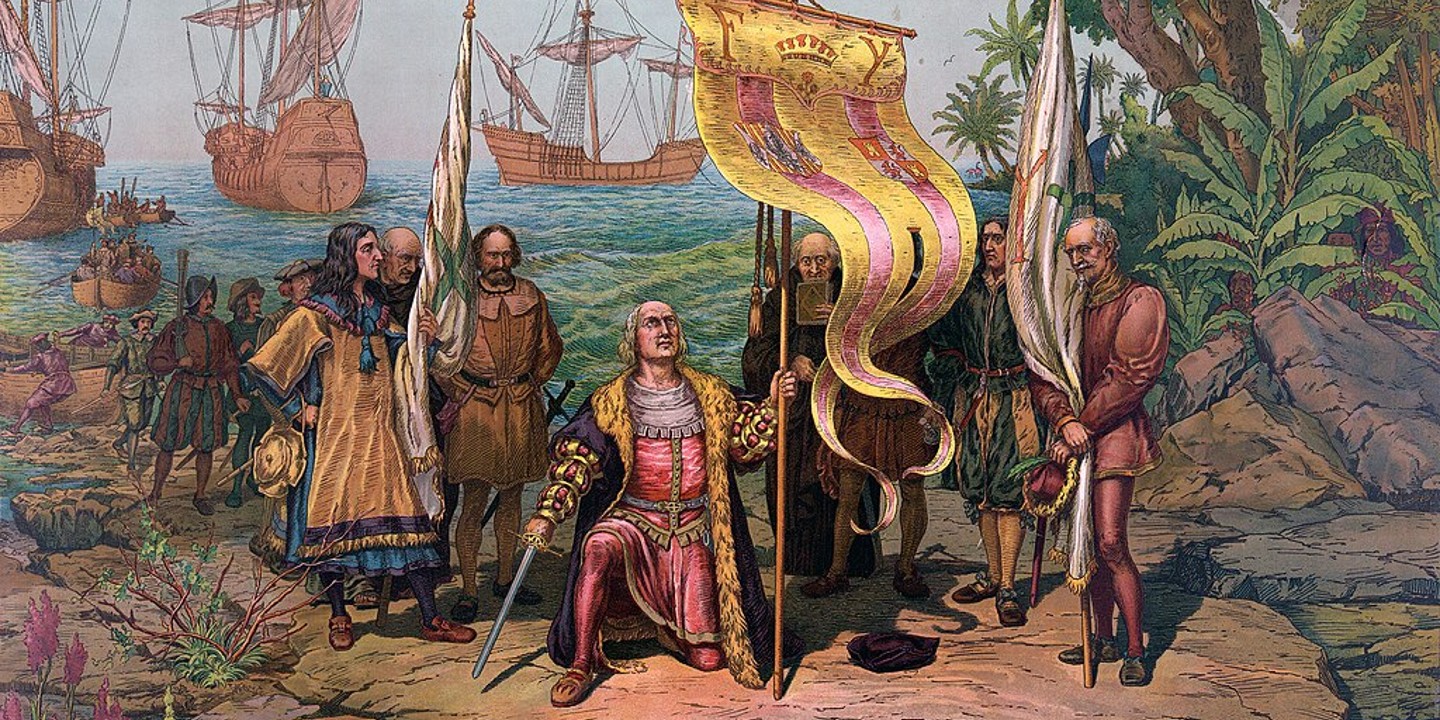
20 Lesser-Known Facts About Christopher Columbus You Don't Learn In…
In 1492, He Sailed The Ocean Blue. Christopher Columbus is…
By Emilie Richardson-Dupuis Oct 9, 2024
20 Historical Landmarks That Have The Craziest Conspiracy Theories
Unsolved Mysteries Of Ancient Places . When there's not enough evidence…
By Megan Wickens Oct 9, 2024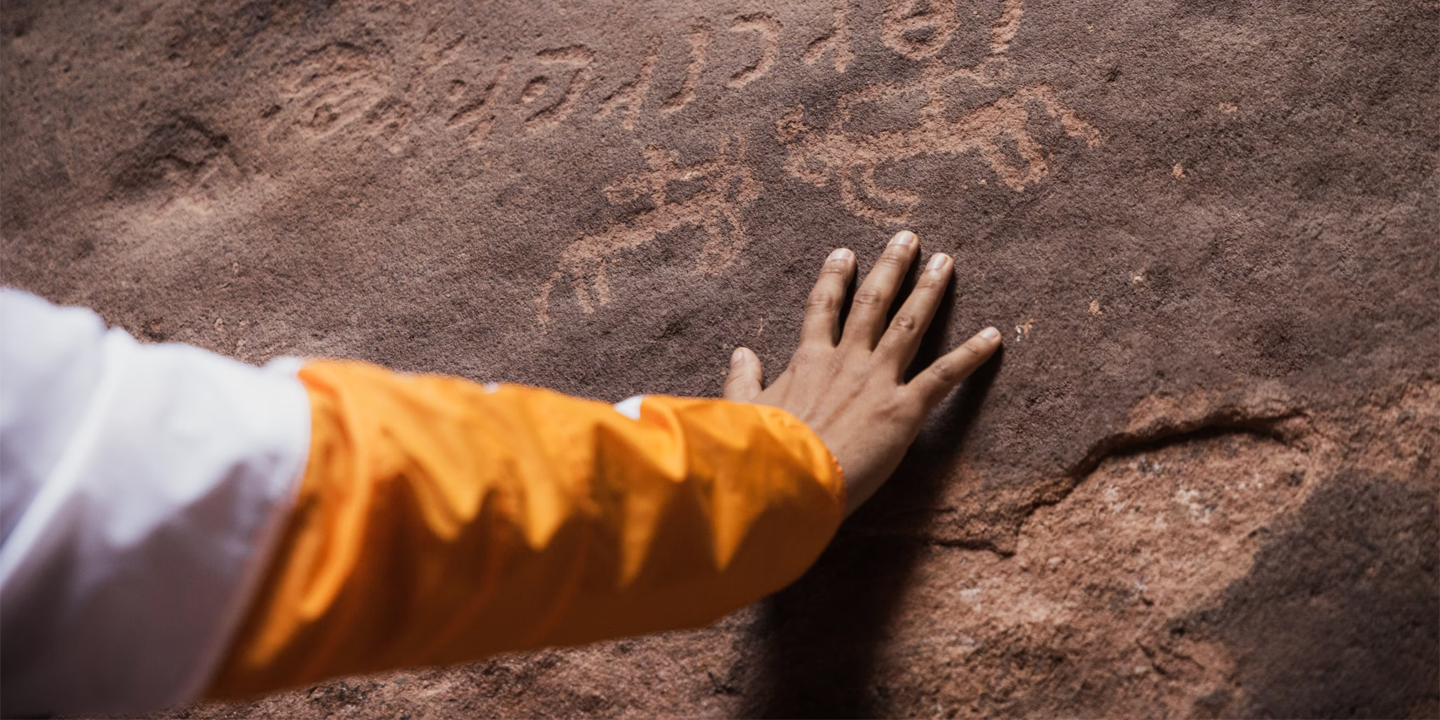
The 20 Craziest Inventions & Discoveries Made During Ancient Times
Crazy Ancient Inventions . While we're busy making big advancements in…
By Cathy Liu Oct 9, 2024


